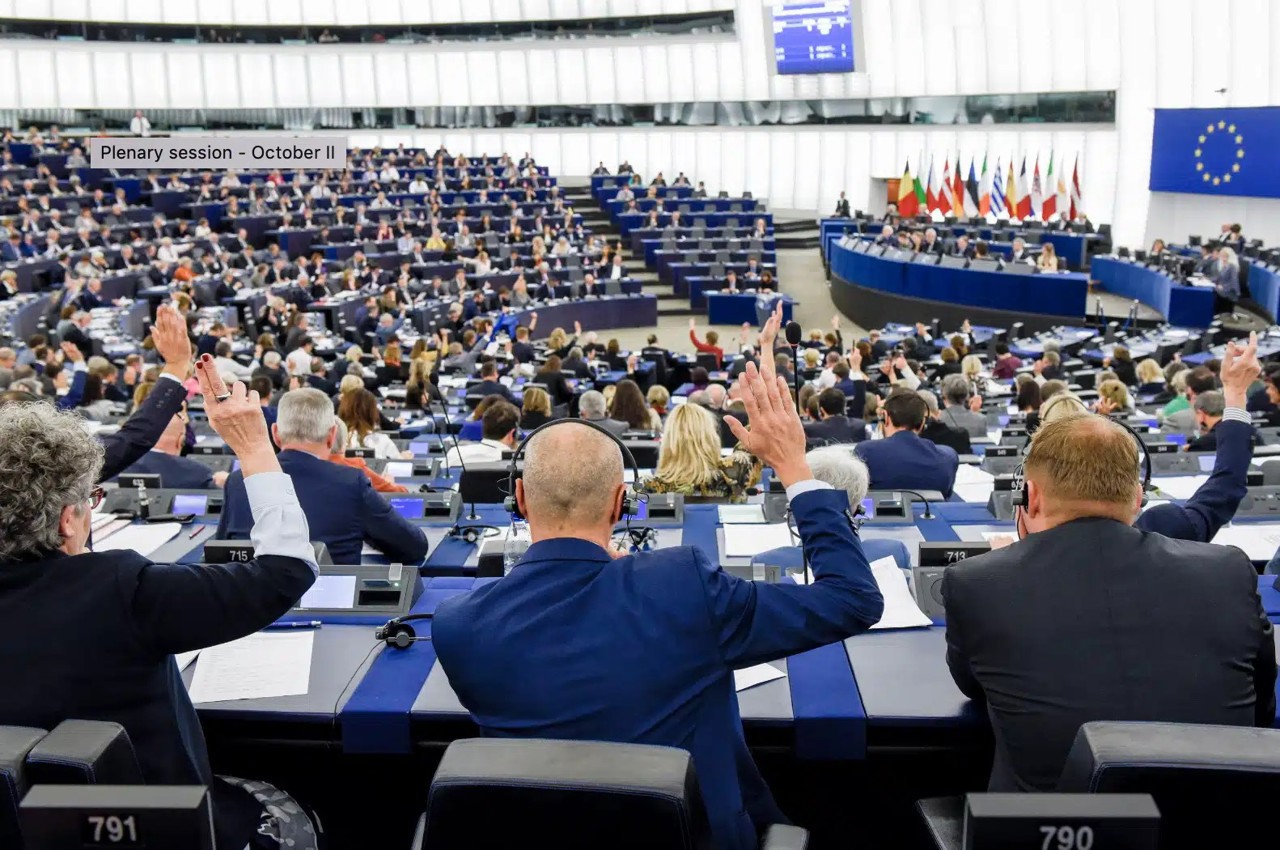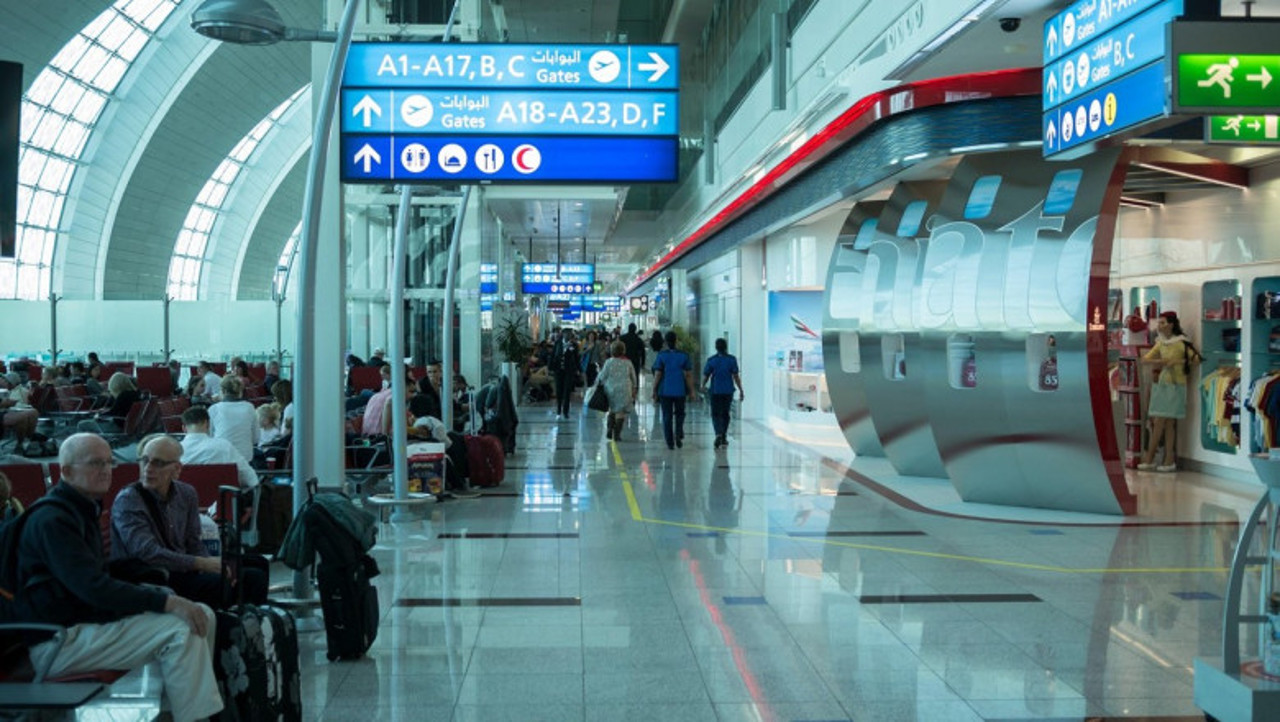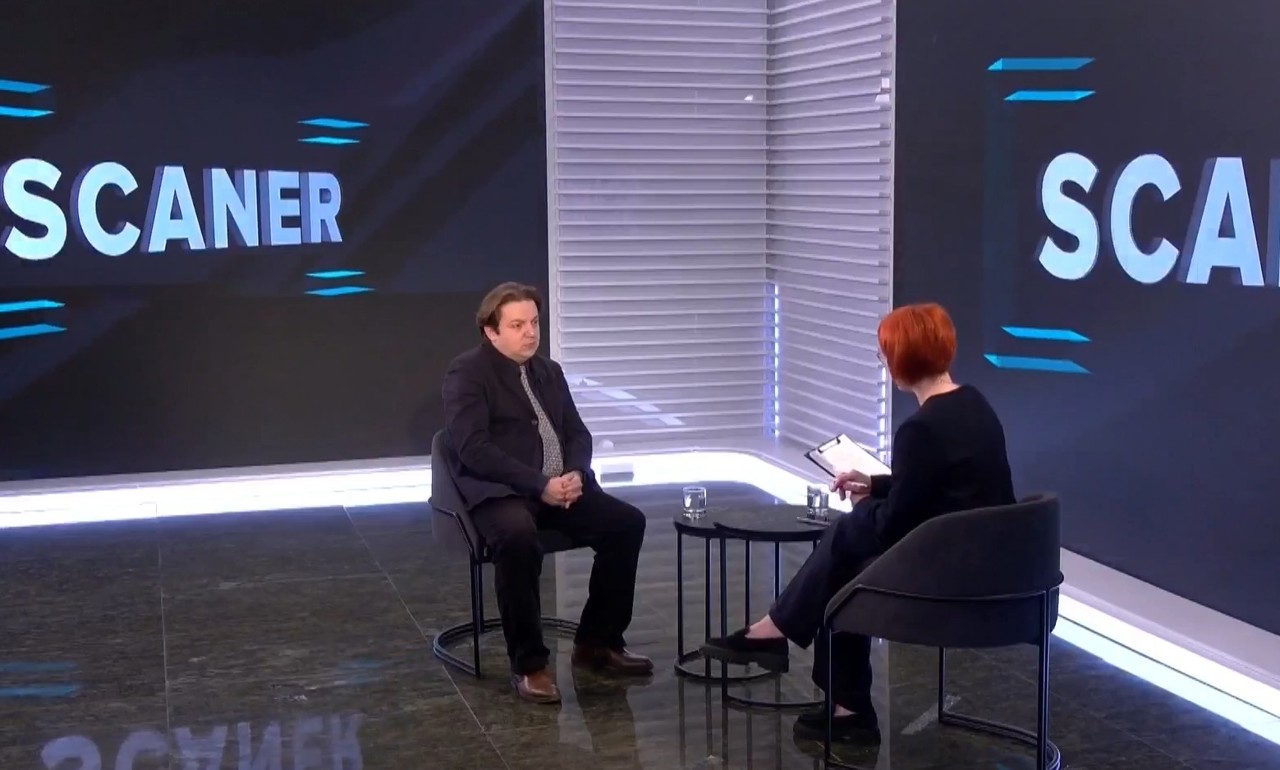Correspondence // Immigration: Brussels proposes new legislation favoring deportations
The European Commission has proposed new legislation to favor the expulsion of illegal migrants, as announced by the President of the European Commission, Ursula von der Leyen, in a letter to the 27 EU leaders. Ursula von der Leyen said the EU should consider a new legislative package for "return centres" to third countries to speed up deportations of undocumented immigrants in a letter to capitals.
EU is not effective in removing people who arrive illegally, von der Leyen said in that letter. Only around one in five non-EU nationals ordered to leave have done so. The forceful approach to the problem requires "a new legal framework to step up our ability to act", said von der Leyen, adding that overhauling the EU's failed 2018 effort to align deportation policies would be an immediate priority for the incoming Commissioner for migration.
The proposal to set up deportation centers to third countries, in line with Italy's controversial new initiative to ship migrants to Albania, could mark a new twist in the EU's approach to migrants. Just last week, Home Affairs Commissioner Ylva Johansson downplayed the prospect of deportation camps, adding that no one had formally proposed it. Now, in writing, von der Leyen pointed to Italy's initiative with Albania as an opportunity to "draw practical lessons from this experience."
The Commission deemed this type of offshoring essentially illegal under EU law in 2018. And as recently as 2022 Johansson said of the UK's plan to deport migrants to Rwanda: "Sending the asylum seeker more than 6,000 kilometers away and outsourcing asylum processes is not a humane and dignified migration policy.”
Under an agreement with Tirana, Italy could send up to 36,000 male migrants who have been stopped in international waters each year, some 400 km across the Adriatic Sea, to two asylum processing centers in northern Albania. Rights groups and opposition politicians called the deal "dehumanizing" and "illegal". But von der Leyen's European People's Party backed the general idea in its election manifesto earlier this year.
Likewise, Poland's decision to close its border with Belarus to refugees could prove to be the next red line to be erased. Warsaw has also doubled down on plans to turn back asylum seekers pushed across the border as part of Minsk's "hybrid war" against the EU.
Likewise, Finland earlier this year indefinitely extended its border closure with Russia; Latvia, Lithuania and Estonia said they were leaving open the option to follow suit.
Italy's agreement with Albania
Under the agreement, thirty-six thousand migrants would be resettled in Albania each year. Meloni has already signed a memorandum of understanding in this regard with Albanian President Edi Rama. Specifically, the pact between the two countries provides for the construction of two centers in Albania, i.e. outside the European Union, to accommodate migrants rescued at sea by Italian navy vessels.
Meanwhile, it has already been announced that the first structure, a reception and triage center, will be installed in the port of Shëngjin, in the north of the country, and will have the main purpose of identifying people. The second, located on a former military base in Gjadër, about twenty kilometers from the landing site, will serve as a detention center pending asylum processing procedures or possible deportation measures.
Formally, the two structures shall be operational and administered by Rome. However, outdoor security activities will be entrusted to the local police, with Italy paying for it. The two centers will therefore be governed under Italian jurisdiction, a point that has raised concerns about the extraterritorial application of Italian and EU law in a country outside the 27 EU.
For Giorgia Meloni, the agreement allows, at least temporarily, to mask the failure of her migration policy. Despite increasingly repressive measures – the length of detention in a center awaiting repatriation has increased significantly to eighteen months – and a campaign promise to end migrant landings, the flow is not slowing down. More than 145,000 people have arrived on Italian shores since the start of the year, up from 88,000 in the same period in 2022.
Endless legal and logistical issues
But endless problems remain, for now unanswered. Once fully operational, the centers should receive 36,000 migrants if everything goes smoothly. But how will such a center work legally? What problems need to be solved with the EU? Who will take back the rejected people and how? Who will receive them?
The question: who will handle the deportation of rejected applicants therefore remains unclear. Initial reports suggested the task would be carried out by the Albanian authorities, but Prime Minister Rama later said it would fall on the shoulders of the Italians first.
Giorgia Meloni here imitates the model of the British project of the former prime minister Rishi Sunak which aims to send migrants to ... Rwanda, in Africa. But British justice has already opposed Sunak's past plans. This is likely to happen in Italy as well. Moreover, this shows the failure of European solidarity, after Meloni tried in vain to obtain from the EU partners a fair distribution of refugees.
This was also emphasized by Albanian President Edi Rama, who said: "We are doing what other European countries should do."
Author: Dan Alexe





